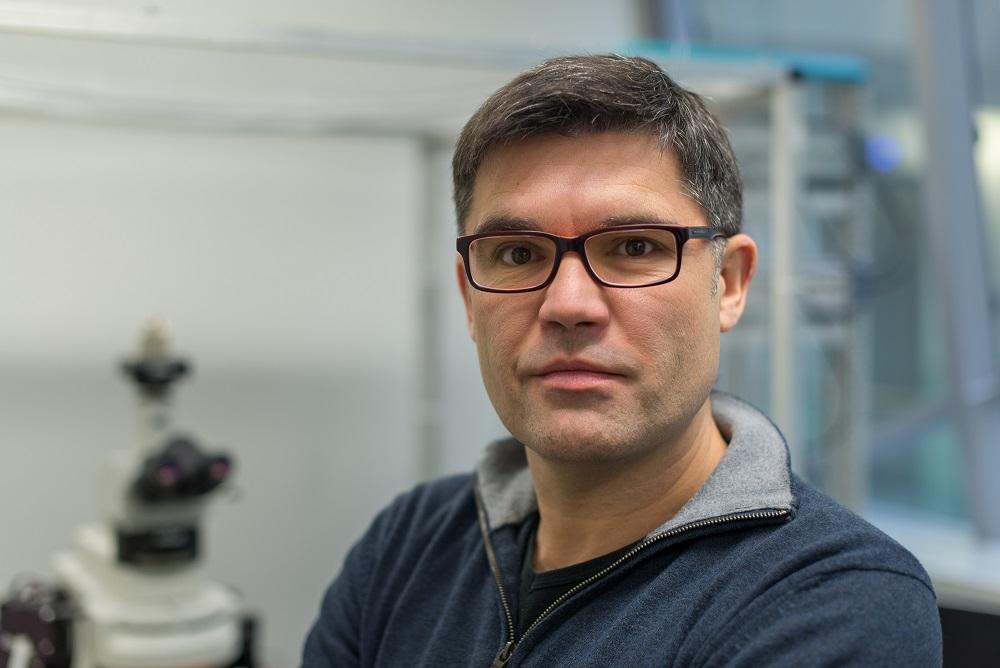ExtraBrain
 Shedding light on the extracellular space of the brain: from health to diseases
Shedding light on the extracellular space of the brain: from health to diseases
> Principal investigator : Laurent Groc
.
Brain research has made tremendous progress over the last few decades in nearly all areas of investigation with the exception of one: the extracellular space (ECS). It is however a key compartment defined as the web-like space around and between brain cells, filled with a myriad of molecules that reside in or transit through it to enable proper brain function and homeostasis.
How molecules diffuse and spread in the ECS is a very important but challenging problem that must be solved ultimately in in vivo brains. This lack of knowledge is mainly due to the absence of dedicated investigation strategies for such a complex and finely structured biological entity.
.
The innovative project launched with the support of the Labex Brain (Groc, Bézard) and IDEX gave us the opportunity to ground our capacity to image the ECS (Godin et al., Nature Nanotechnologies, 2017; Tonnesen et al., Cell, 2018). We posit that molecular diffusion in the ECS is locally regulated by the properties of the ECS, which is essential for brain function in health and diseases.
.
From the Labex Brain, we have now gather additional experts to build a strong taskforce composed of L. Groc (cell neuroscience, psychiatry), E. Bézard (neurodegenerative diseases), U.V. Nägerl (neurophotonics), and S. Oliet (neurophysiology, neuro-astrocyte communication), in collaboration with L. Cognet (nano-imaging, LP2N). We will further develop and apply these unconventional investigation approaches, based on original nano-imaging strategies (super-resolution microscopy and carbon nanotube tracking), to decrypt the role of the ECS at unprecedented methodological (in vivo brain) and biological (different models) levels. We teamed up to develop and apply unconventional investigation approaches, based on original nano-imaging strategies (super-resolution microscopy, spherical nanoparticle tracking), to the in vivo brain.
.
The outcome of these developments will provide the Bordeaux Neuroscience community a unique array of tools to investigate the ECS in health and diseases. Furthermore, as the role of the ECS is critical in many other body organs and tumors, our effort will provide the Bordeaux Bio-Medicine community an unprecedented way to study the pathophysiology of body organs, cross-fertilizing the fields of physics, pathophysiology and biotherapy (IDEX priorities).

